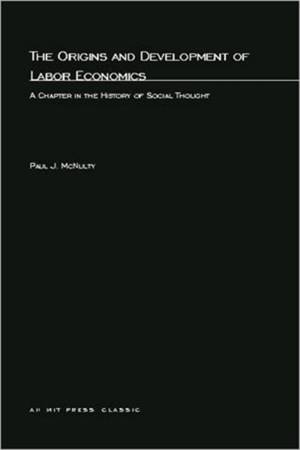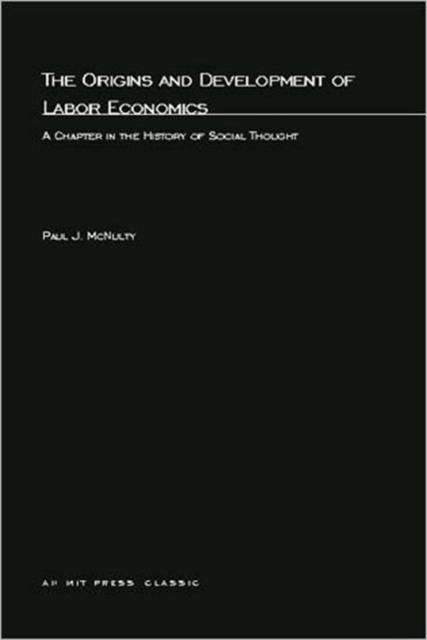
- Retrait gratuit dans votre magasin Club
- 7.000.000 titres dans notre catalogue
- Payer en toute sécurité
- Toujours un magasin près de chez vous
- Retrait gratuit dans votre magasin Club
- 7.000.0000 titres dans notre catalogue
- Payer en toute sécurité
- Toujours un magasin près de chez vous
Description
Beginning with the origins of labor economics' in medieval times, the book discusses the primacy of labor in the thinking of classical economists, and its separation from mainstream economics in the nineteenth century.
Since economics emerged as a distinct field of inquiry, no other single factor has occupied so central an analytical role as labor. A review in the library journal, Choice, noted that this book does for labor in the history of economic thought what Joseph A. Schumpeter's History of Economics Analysis did more generally for the whole of economics.
Beginning with the origins of labor economics' in medieval times, the book discusses the primacy of labor in the thinking of classical economists, and its separation from mainstream economics in the nineteenth century. It concludes with the modern synthesis of labor studies with economic theory marked by the development of human capital theory and the increasing integration of economic theory and market analysis in interdisciplinary institutional and industrial relations approaches to the study of labor.
Spécifications
Parties prenantes
- Auteur(s) :
- Editeur:
Contenu
- Nombre de pages :
- 264
- Langue:
- Anglais
- Collection :
Caractéristiques
- EAN:
- 9780262630979
- Date de parution :
- 14-11-84
- Format:
- Livre broché
- Format numérique:
- Trade paperback (VS)
- Dimensions :
- 150 mm x 226 mm
- Poids :
- 362 g

Les avis
Nous publions uniquement les avis qui respectent les conditions requises. Consultez nos conditions pour les avis.






